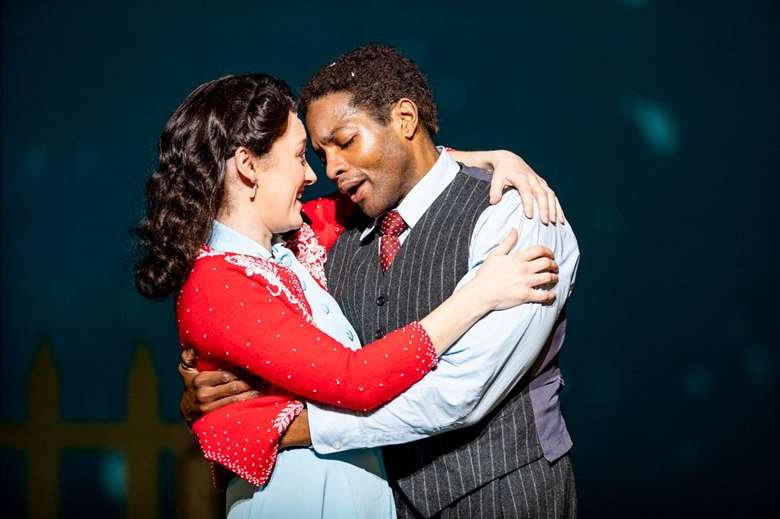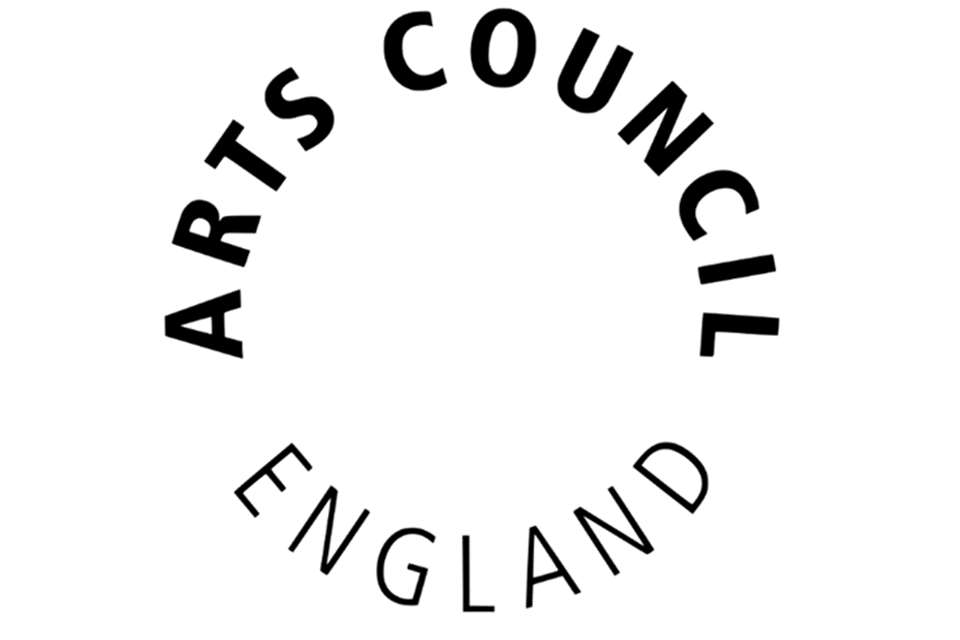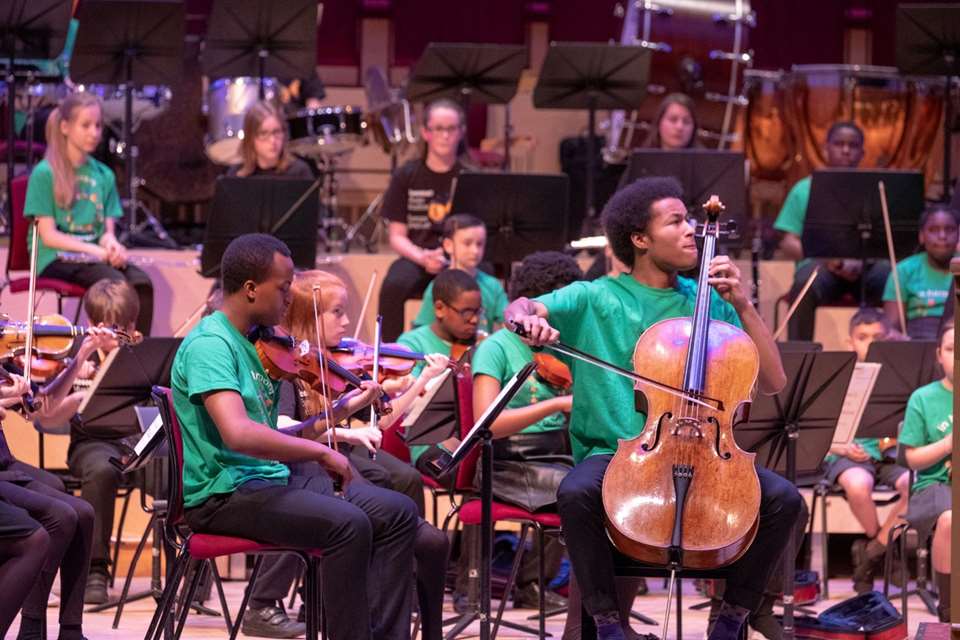The Long View | An Unfit Arts Council
Andrew Mellor
Wednesday, November 30, 2022
ACE’s counterproductive funding decisions prove the organisation has lost all sense of purpose and mission


Register now to continue reading
Don’t miss out on our dedicated coverage of the classical music world. Register today to enjoy the following benefits:
- Unlimited access to news pages
- Free weekly email newsletter
- Free access to two subscriber-only articles per month



